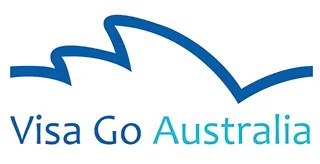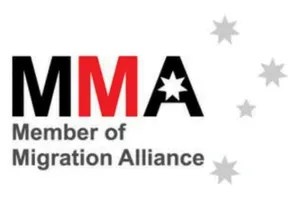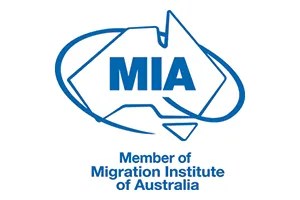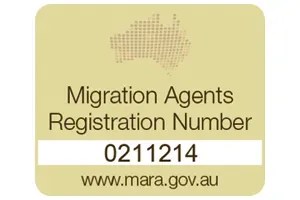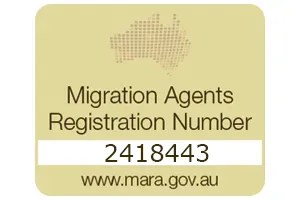Chef Skills Assessment Australia
Are you interested in migrating to Australia as a chef? Because now may be the perfect time! Learn about Chef skills assessment Australia. Australia’s hospitality industry has critical skills shortages, with chefs and cooks in high demand. Moreover, there are skilled visa pathways for chefs in many Australian states. Below, we explain the skilled visa process for a chef.
Chef Skills Assessment Australia
To emigrate to Australia as a chef, you must first complete a skills assessment. All skilled visa applicants must have their skills assessed to ensure they match Australian standards.
A chef skills assessment for Australia is completed with VETASSESS.
The assessment consists of two parts.
- Document review – submitting evidence of training, paid employment and detailed references
- Technical interview – an interview completed online with an Australian assessor
For more information you can visit our dedicated webpage for chef skills assessment Australia. Moreover, you can download the VETASSESS Factsheet and learn more about the job description on ANZSCO.

Top tip: It is important to determine whether you should apply as a chef or a cook. While both occupations have overlapping tasks, there are some key differences. Consequently, VETASSESS will look at employment references for managerial tasks to qualify as a chef.
EOI for Chefs
Following a positive skills assessment, applicants must lodge an EOI (Expression of Interest). An EOI is an online application which registers your interest in migrating to Australia.
It’s at this stage where applicants should select which visa subclass and state to apply to. The visa category applied under will be determined by your points score and available sponsoring states. You can calculate your points score using our free assessment.
Once submitted, your EOI will generate your points score. Generally, the more points the better. Consequently, we recommend completing an English Language test to increase your overall points. A recognised test can award you up to 20 extra points.
Additionally, some states require an ROI (Registration of Interest), which is separate from the EOI. Submitting an EOI and ROI does not guarantee an invitation to apply for a skilled visa. It can be helpful seeking advice from an experienced migration agent. A good migration agent will advise you on your chances of securing a skilled visa, and outline any risks involved. Our migration agent offers visa consultations for just £60.
State Sponsorship for Chefs
Chef is on the MLTSSL. This means applicants can apply independently (subclass 189) or through state sponsorship (subclasses 190 and 491). Some applicants may also be eligible for family sponsorship under subclass 491. This depends on where your family member lives, and how closely related they are. Find out more on our website.

In our experience, most applicants will require state or family sponsorship to secure a skilled visa. This is because the extra points gained from sponsorship helps secure an invitation to apply for a skilled visa.
Visa subclasses 189 and 190 are permanent residency visas, whereas the 491 is a temporary visa with a pathway to permanent residency. You can learn more on our skilled visa page, or by completing our free online visa assessment. All our visa assessments are reviewed by our migration agent for free.
Most states are offering sponsorship to chefs, however each state set their own criteria. For example, South Australia and Western Australia only sponsor chefs currently living and working in their state (at the time of writing). Others require job offers, minimum work experience and other specifications. You can check State Government websites for full eligibility details, or book a consultation with our migration agent
